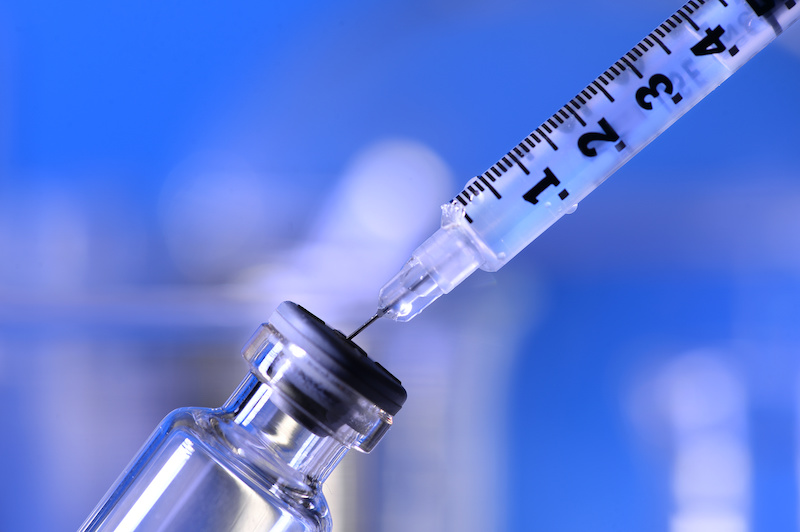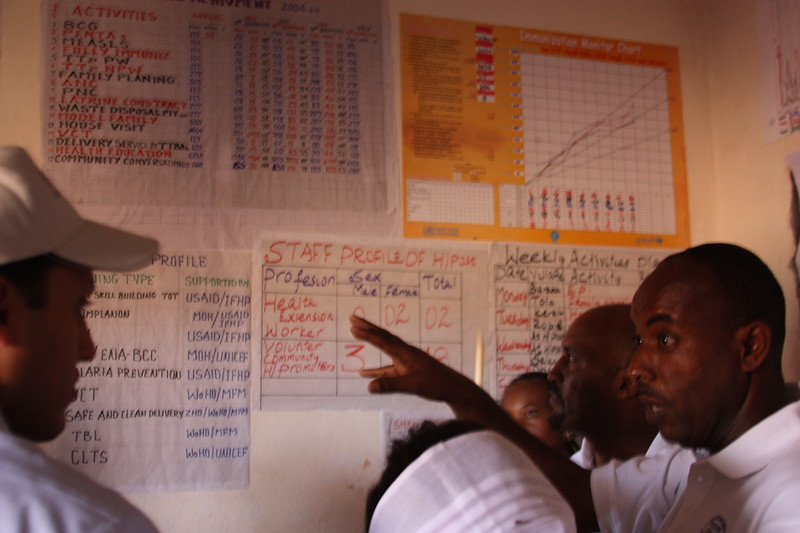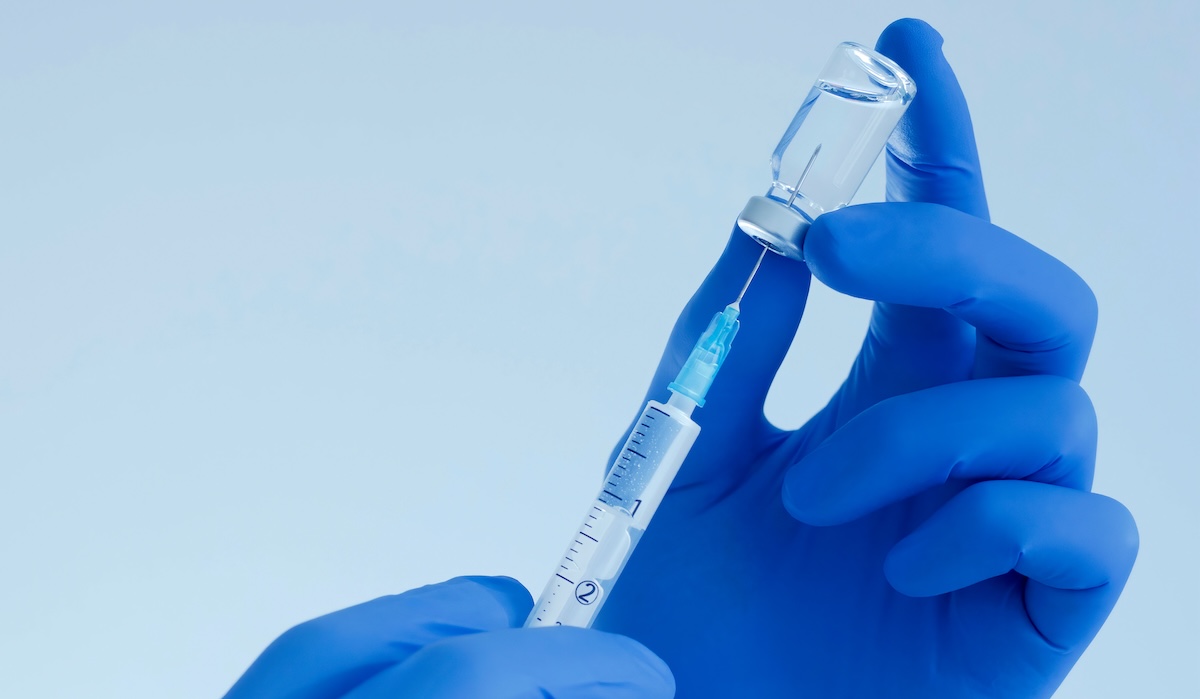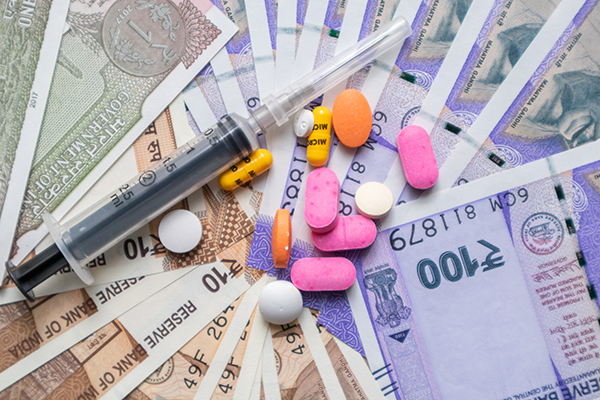With multiple high efficacy COVID-19 vaccines on the way, high-income countries have bought out initial supplies for the foreseeable future. The amounts purchased could vaccinate their own populations many times over assuming two doses per person. And middle-income countries that did not sign up for pre-committed vaccine purchases earlier or in sufficient volumes, like South Africa, are beginning to panic.
But if we set aside who owns the vaccines now, the total amount of vaccine pre-purchased is enough to get at least one dose to the entire world – there are 7.8 billion people alive today, and pre-purchased vaccines amount to 9 billion doses, according to Duke University’s vaccine tracker. The United States alone has pre-purchased 1.8 billion COVID-19 doses with options for an additional 800 million doses. If we assure two doses to every resident (~329 million), we will still have billions of doses left over. The situation in the EU, UK, Australia, and Canada is similar.
It is hard to talk about sharing when we still have not received our own shots, when the plans for vaccinating are unclear, and the timing of the delivery of pre-purchased vaccines is uncertain. But these vaccines will indeed be deployed shortly, and they cannot be stored or stockpiled indefinitely. Experts have confirmed that the virus is evolving and will require a new version of the vaccine every year like the flu vaccine. Vaccines also have expiration dates.
And the reality is that getting back to normal means rapid vaccination of the entire world – to minimize further virus mutations, to enable regular trade and commerce, and to protect those that are unable to be vaccinated for other health reasons.
The world has already built a mechanism for low- and middle-income countries to obtain or purchase their own vaccine, COVAX. Indeed, the US Congress included 4 billion for Gavi, The Vaccine Alliance in the recently passed relief bill to assure vaccines for the lowest-income countries. But the issue now is not so much money to buy vaccine but supply of vaccine in the near-term -- this is why a plan to share is essential right now, and COVAX could also act as the intermediary to allocate donated vaccine or to broker exchanges between parties.
The commentary to date focuses on the need to avoid vaccine nationalism, echoed by the UN and public health advocates. But this abstract concept puts high-income countries in a defensive position when they are already under intense public pressure to respond to huge increases in COVID-19 cases and deaths at home. And although one might criticize the volume of the pre-orders, high-income country governments were sensibly diversifying their vaccine portfolios to make sure that at least one of the pre-purchased vaccines would come in with high levels of efficacy. And fortunately, there are several high efficacy candidates coming online.
Now is the time to make specific plans and public commitments to share excess vaccines alongside high-income countries’ own vaccine distribution and administration logistics, to doubly ensure their own safety – no one is safe until everyone is safe. Canada has already made a commitment to donate excess vaccines, and the incoming Biden administration has reportedly already met with Gavi.
Collective, concerted action will be necessary however to undertake this endeavor of a lifetime. If not sooner, a low- and middle-income country vaccine sharing commitment should be a key deliverable at the upcoming G7 and D10 democracies meeting to be hosted by the UK later this year. It will take vaccinating the whole world to end COVID-19 as a public health threat and economic disaster.
CGD blog posts reflect the views of the authors, drawing on prior research and experience in their areas of expertise.
CGD is a nonpartisan, independent organization and does not take institutional positions.






